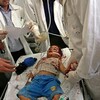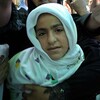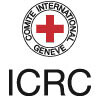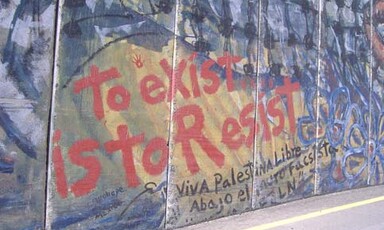
11 Palestinians, Including a Man, His Two Children and Two paramedics, Killed and 30 Others Wounded in an IOF Air Strike on a Civilian Car in Gaza
13 June 2006
On Tuesday noon, 13 June 2006, Israeli Occupation Forces (IOF) committed a new extra-judicial execution in Gaza City, which killed 11 Palestinians, including 9 civilian bystanders. A man, his two children and two paramedics were among the victims. The targeted person in this attack was a member of the Islamic Jihad. Investigations conducted by PCHR indicate that IOF aircrafts launched a missile at dozens of civilians, including paramedics, who gathered near a civilian car shortly after IOF aircrafts attacked it, targeting a member of the al-Quds Brigades, the military wing of the Islamic Jihad. Read more about 11 Palestinians, Including a Man, His Two Children and Two paramedics, Killed and 30 Others Wounded in an IOF Air Strike on a Civilian Car in Gaza







